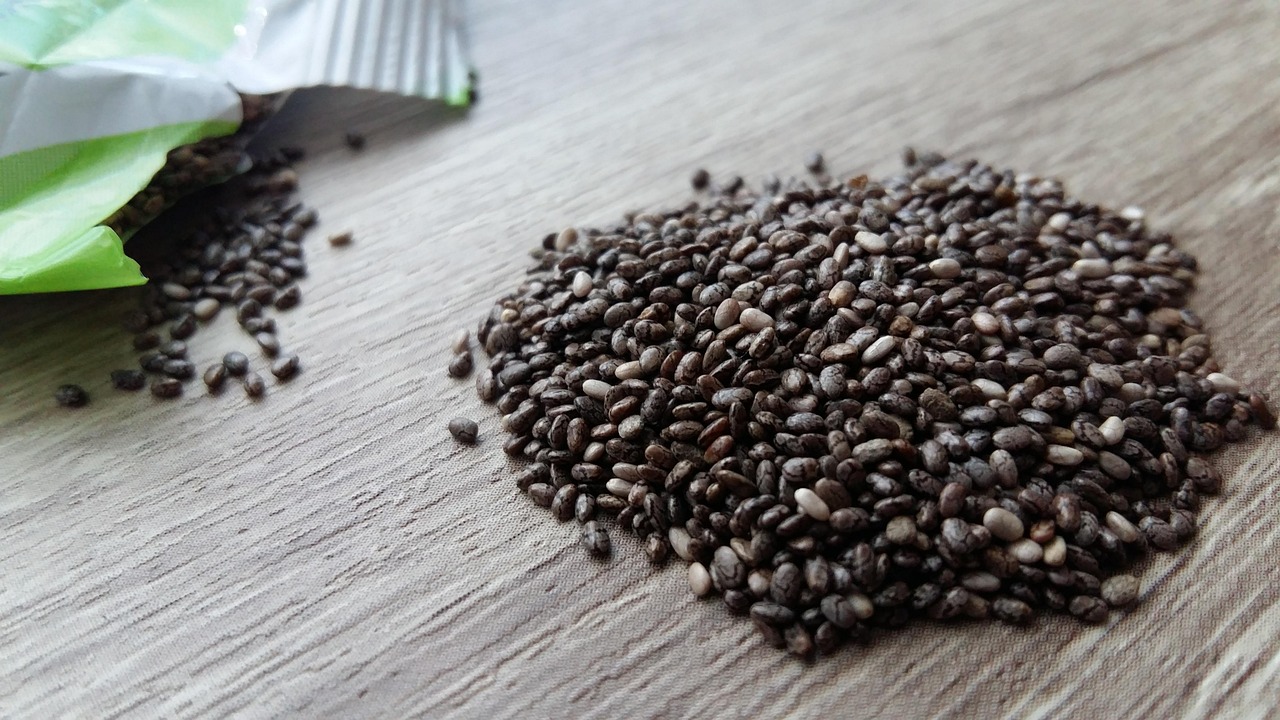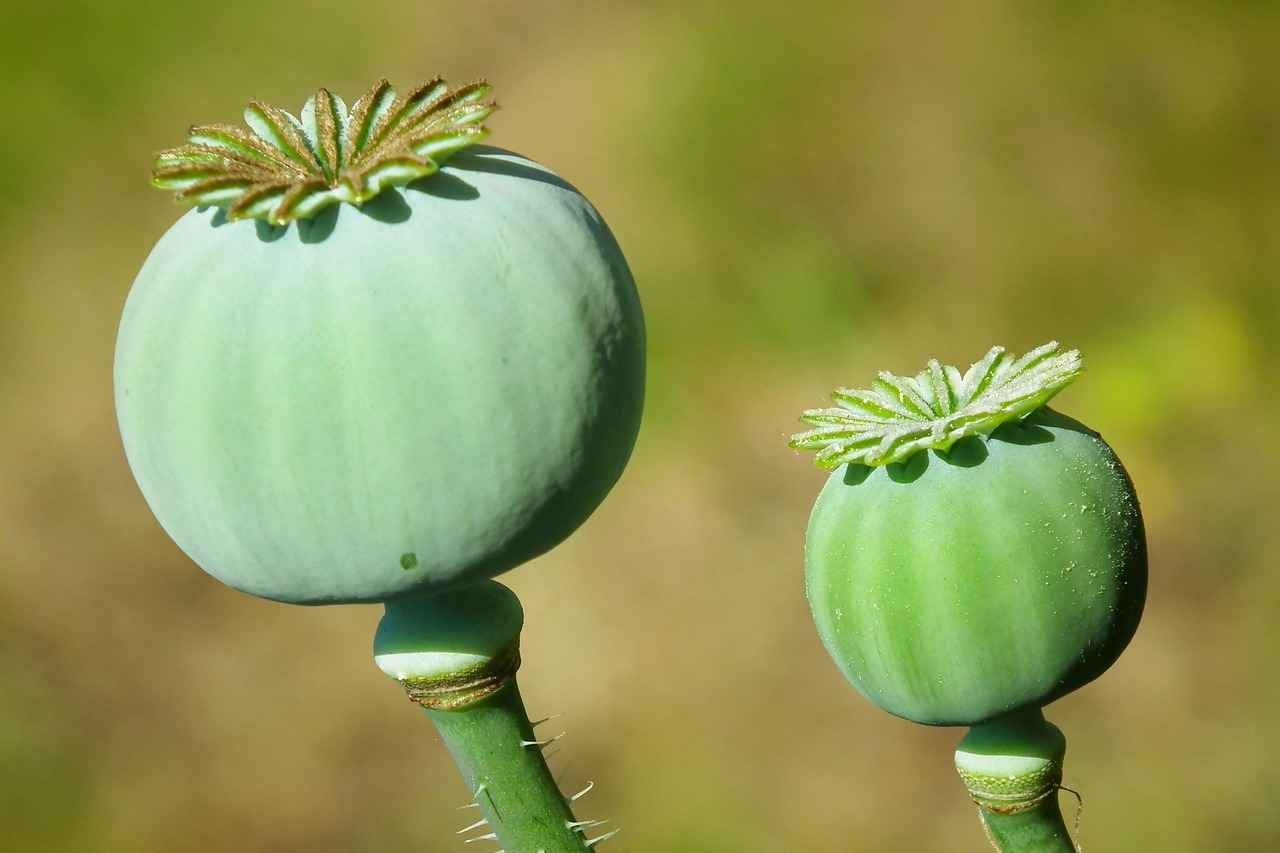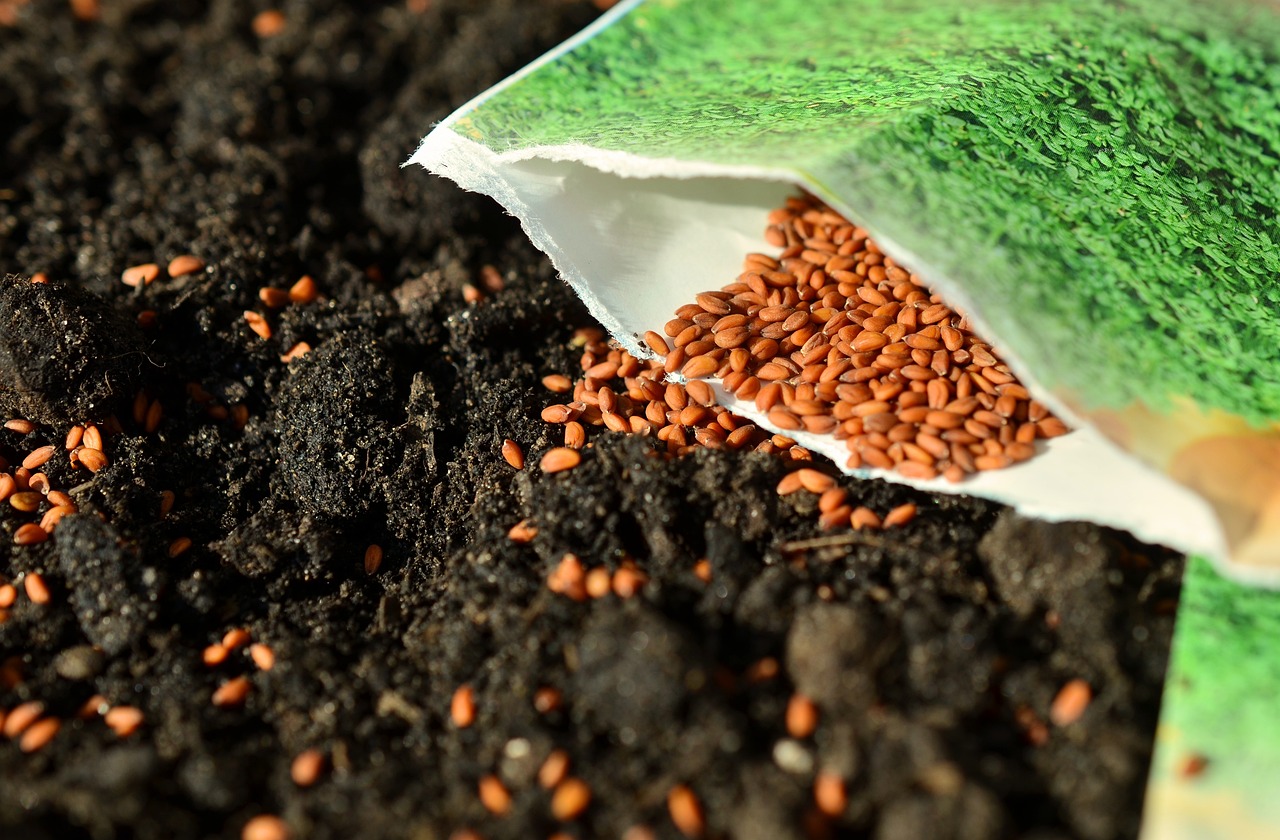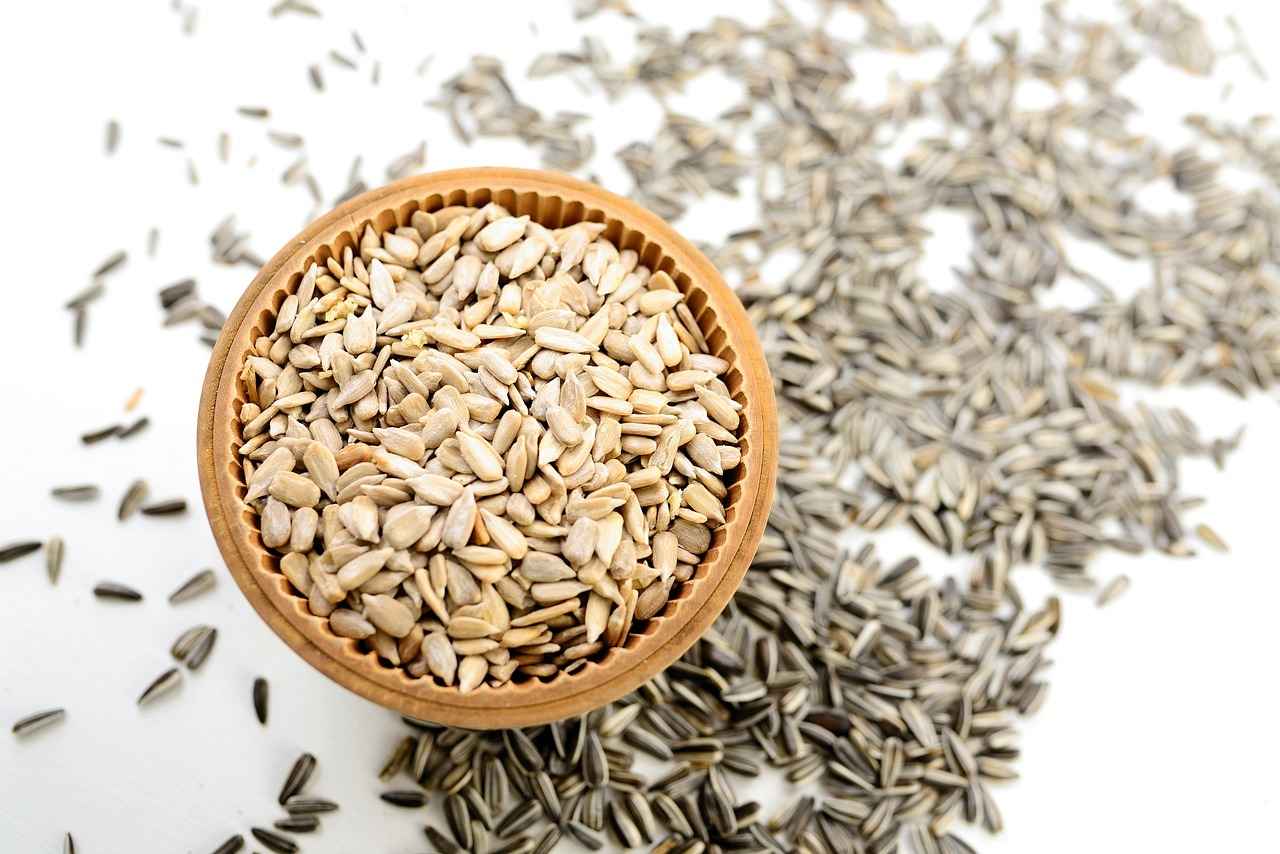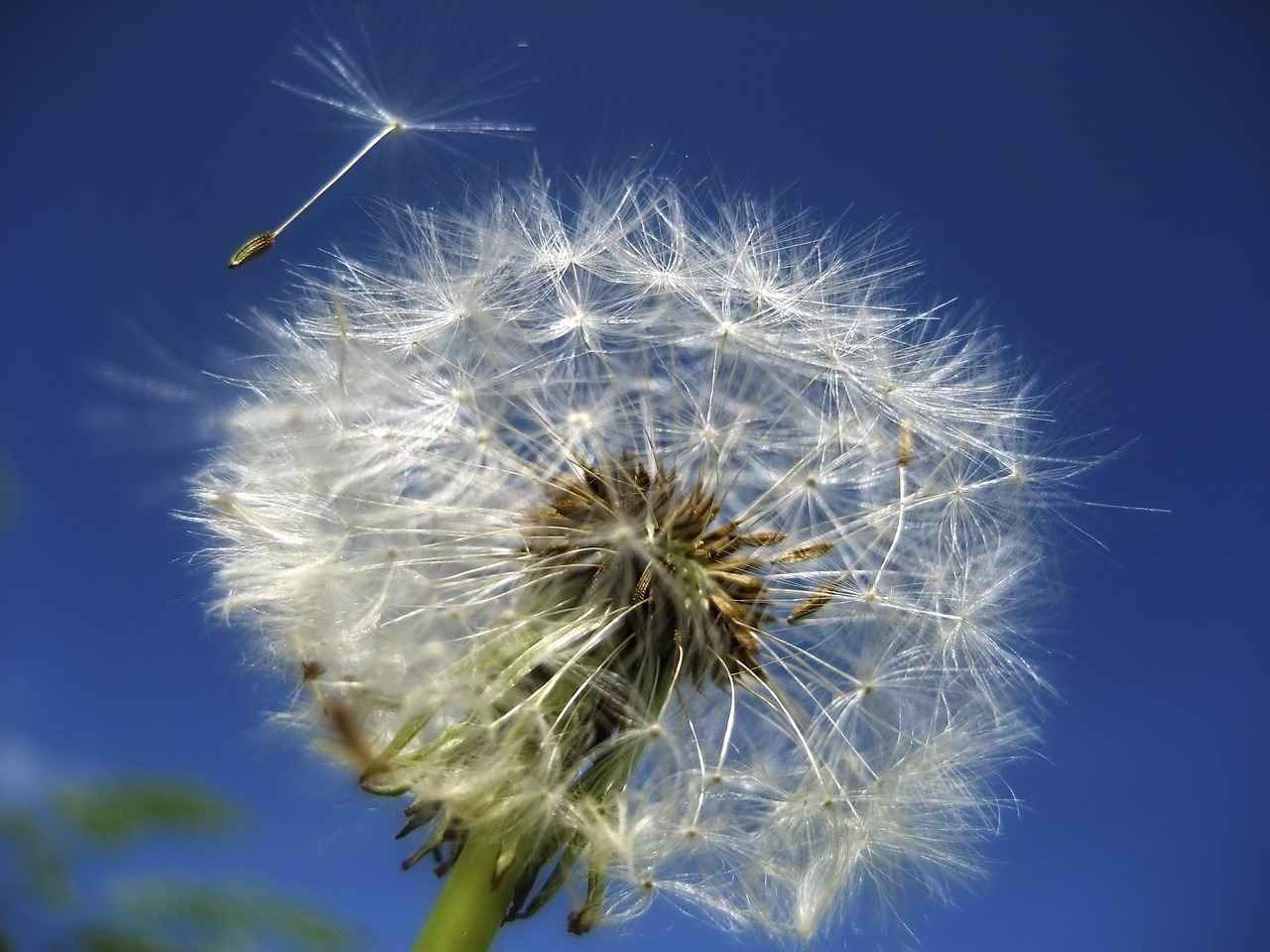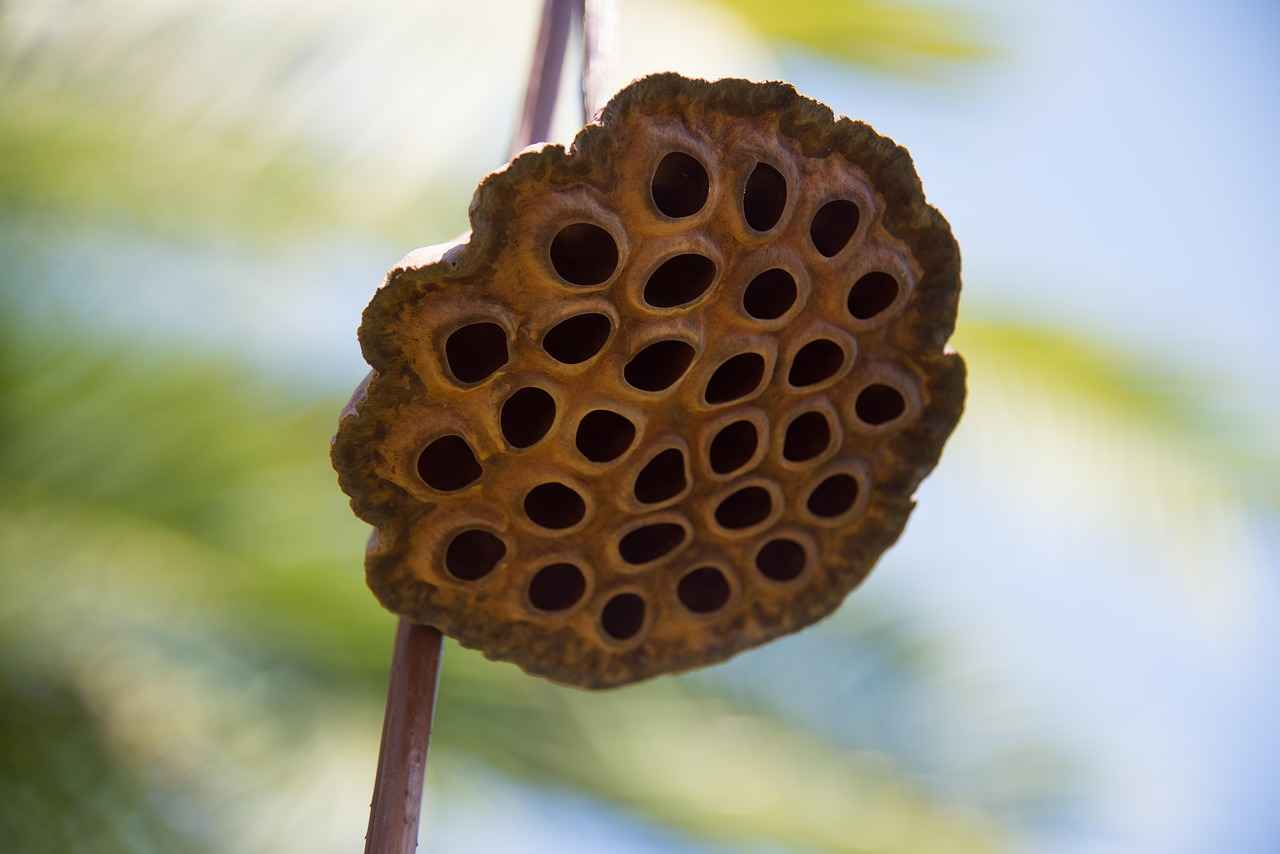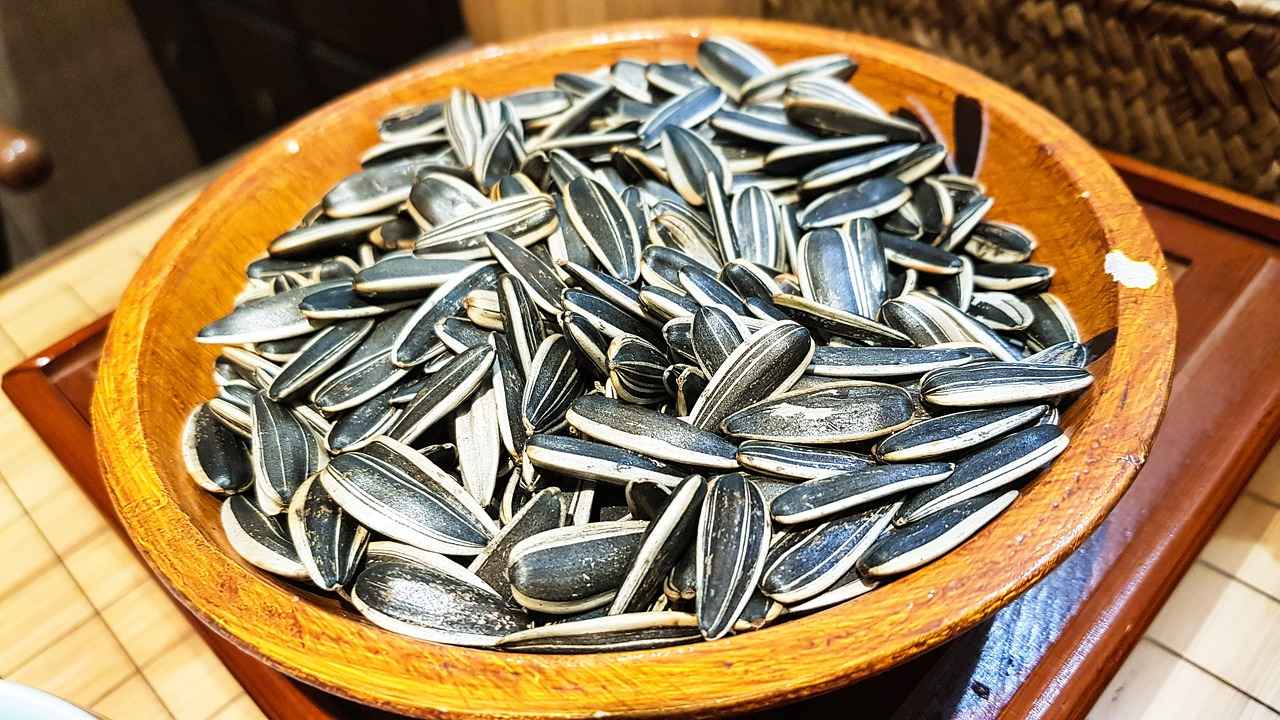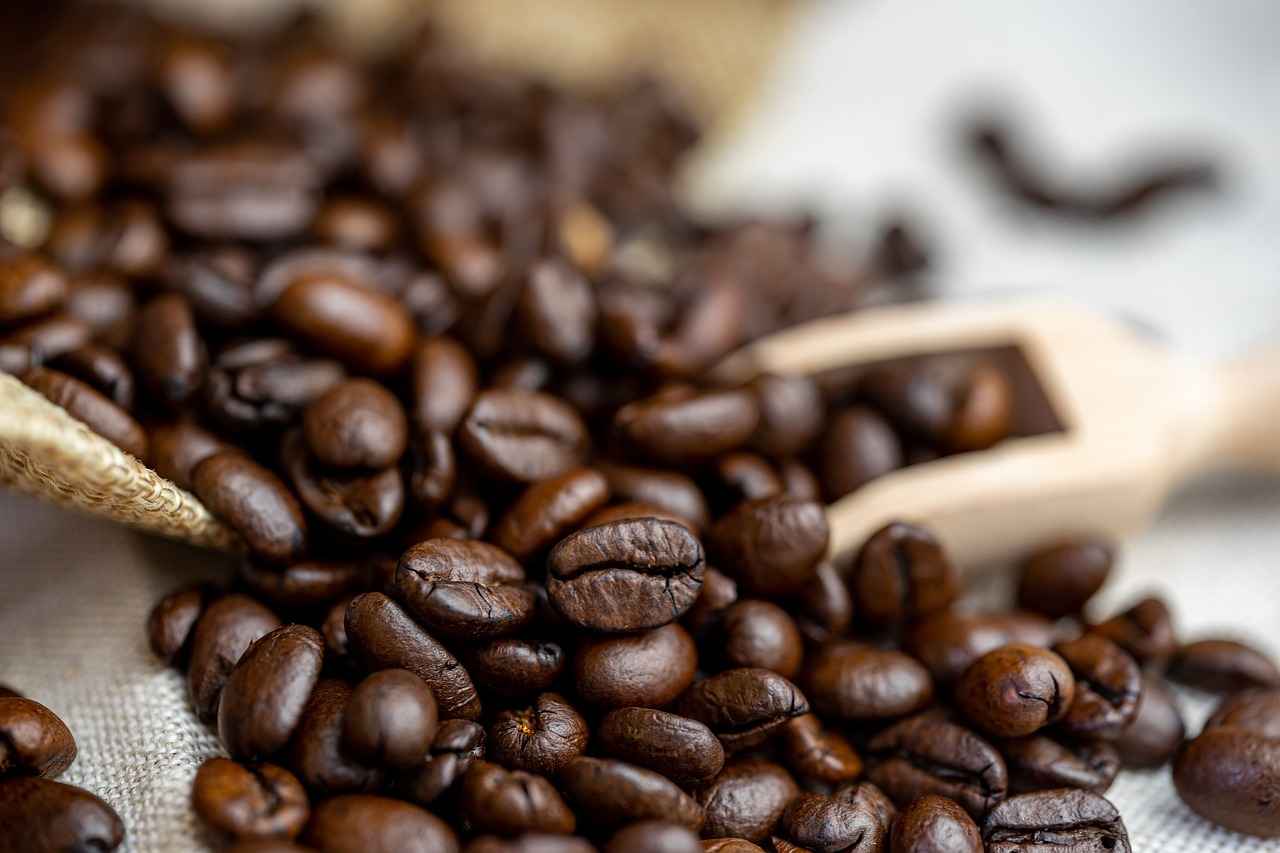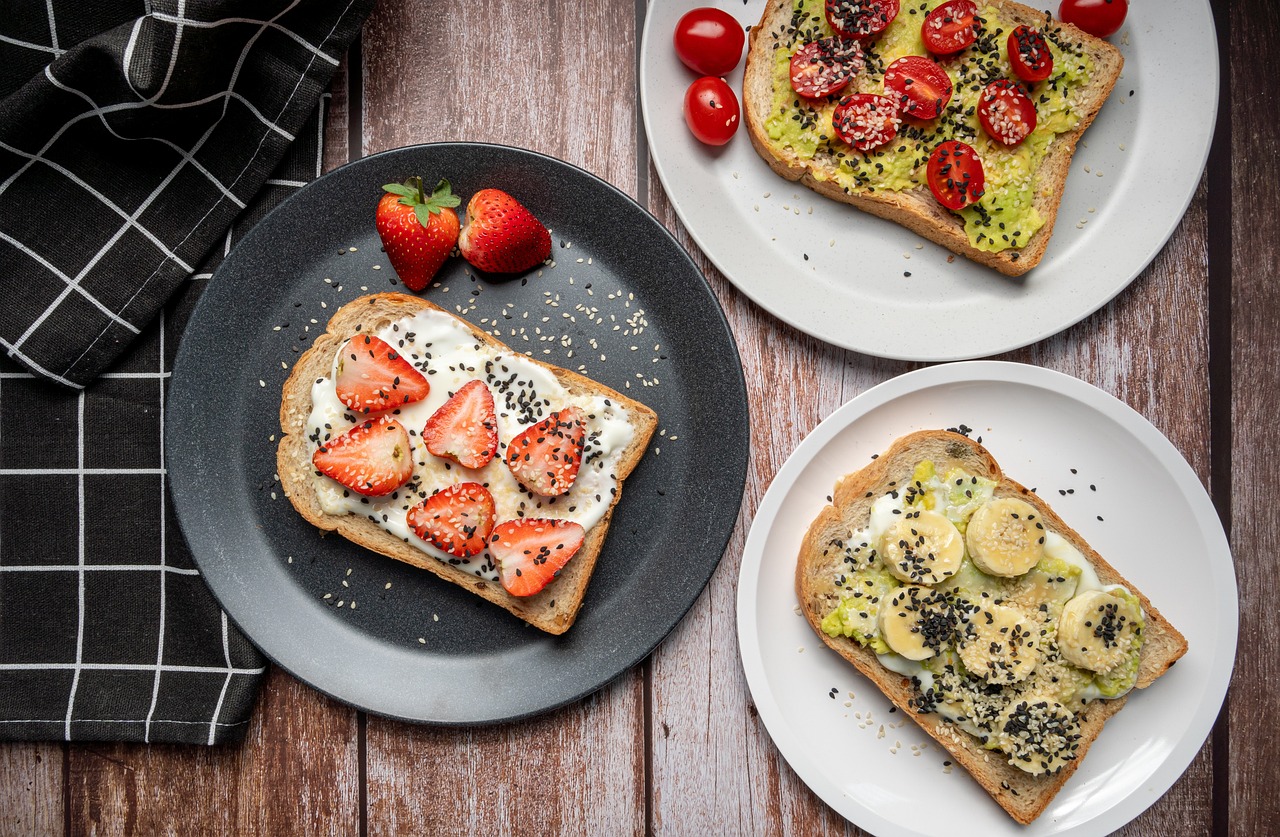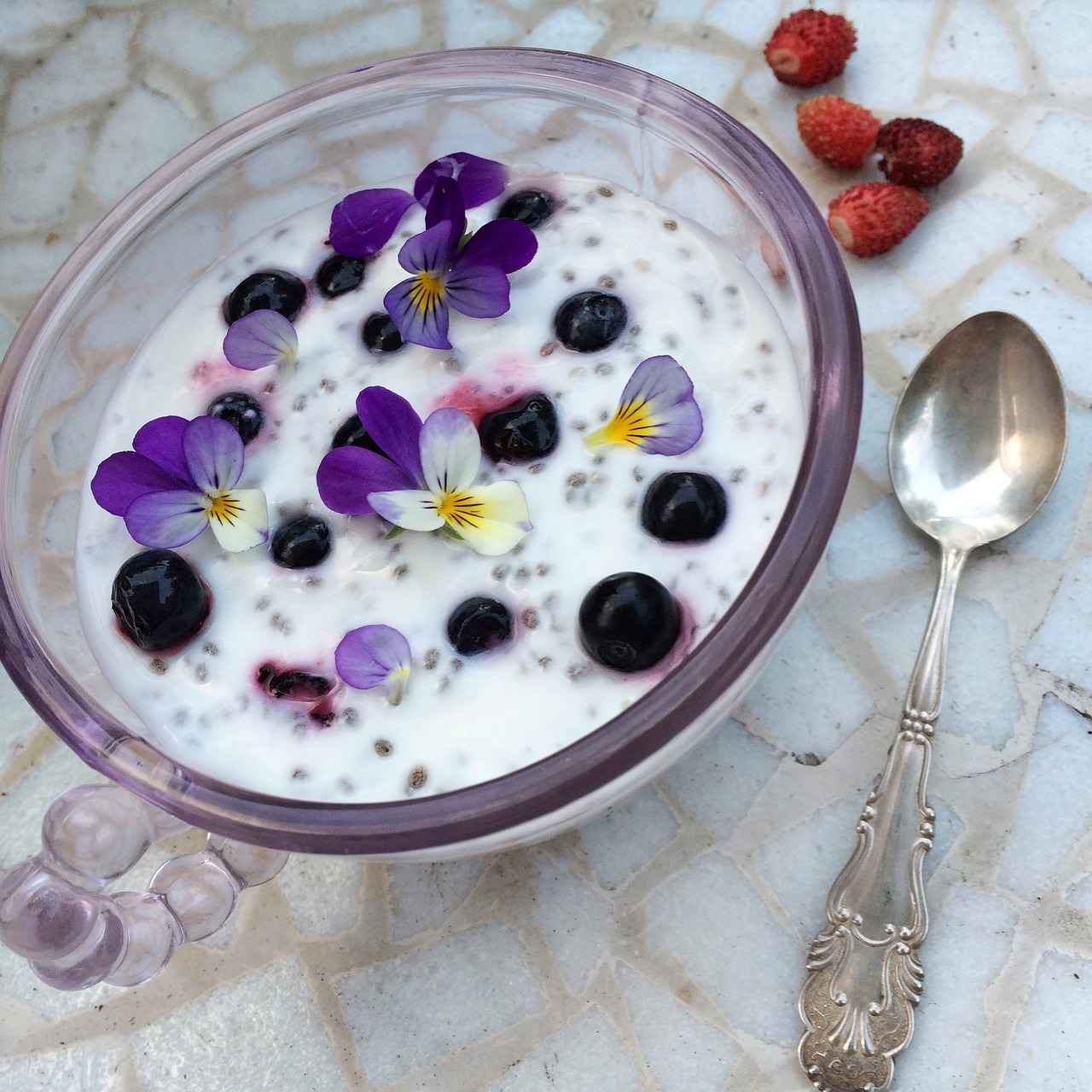Chia seeds have surged in popularity in recent years, celebrated for their impressive nutritional profile and versatility in various dishes. These tiny seeds, which come from the Salvia hispanica plant, are not only a rich source of essential nutrients but also offer numerous health benefits. This article will explore the various aspects of chia seeds, including their origins, nutritional value, uses, and potential health impacts, providing you with a comprehensive understanding of this remarkable superfood.
Chia seeds have a fascinating history that dates back to ancient civilizations such as the Aztecs and Mayans, who valued them for their energy-boosting properties. The name “chia” is derived from the Mayan word for “strength,” highlighting their significance in these cultures. Today, chia seeds are cultivated primarily in Mexico and South America, where they thrive in warm climates.
Chia seeds are a powerhouse of nutrition, boasting a rich array of nutrients:
- Omega-3 Fatty Acids: Essential for heart health and brain function.
- Fiber: Aids in digestion and promotes a feeling of fullness.
- Protein: A plant-based source that supports muscle health.
- Antioxidants: Help combat oxidative stress and inflammation.
These nutrients contribute significantly to overall health and well-being, making chia seeds an excellent addition to any diet.
When compared to other superfoods like flaxseeds and hemp seeds, chia seeds stand out due to their unique nutritional benefits. For instance, while both chia and flaxseeds are high in omega-3 fatty acids, chia seeds contain a higher amount of fiber and are easier to digest. This comparison emphasizes the distinct advantages chia seeds offer in the health food market.
Incorporating chia seeds into your diet can lead to various health benefits:
- Weight Management: The high fiber content helps control appetite and supports weight loss.
- Improved Heart Health: Omega-3 fatty acids promote cardiovascular health.
- Enhanced Digestive Health: Fiber aids in regular bowel movements and gut health.
These benefits make chia seeds a valuable addition to a balanced diet.
Chia seeds are incredibly versatile and can be easily incorporated into your meals. Here are some practical tips:
- Add them to smoothies for a nutrient boost.
- Mix them into yogurt or oatmeal for added texture.
- Use them in baking as a substitute for eggs.
Chia seeds can enhance various recipes, including:
- Chia Pudding: Soak chia seeds in milk or a dairy-free alternative overnight for a delicious breakfast.
- Smoothies: Blend chia seeds into your favorite smoothie recipes for added nutrition.
- Baked Goods: Incorporate chia seeds into muffins or bread for a nutritious twist.
While chia seeds are generally safe for most people, some may experience side effects such as digestive discomfort if consumed in excessive amounts. It is essential to stay hydrated when consuming chia seeds, as they can absorb significant amounts of water. Individuals with certain health conditions, such as swallowing difficulties or gastrointestinal issues, should consult a healthcare professional before adding chia seeds to their diet.
To maintain the nutritional quality of chia seeds, proper storage is crucial. Store them in a cool, dry place in an airtight container. This will help extend their shelf life and preserve their health benefits.
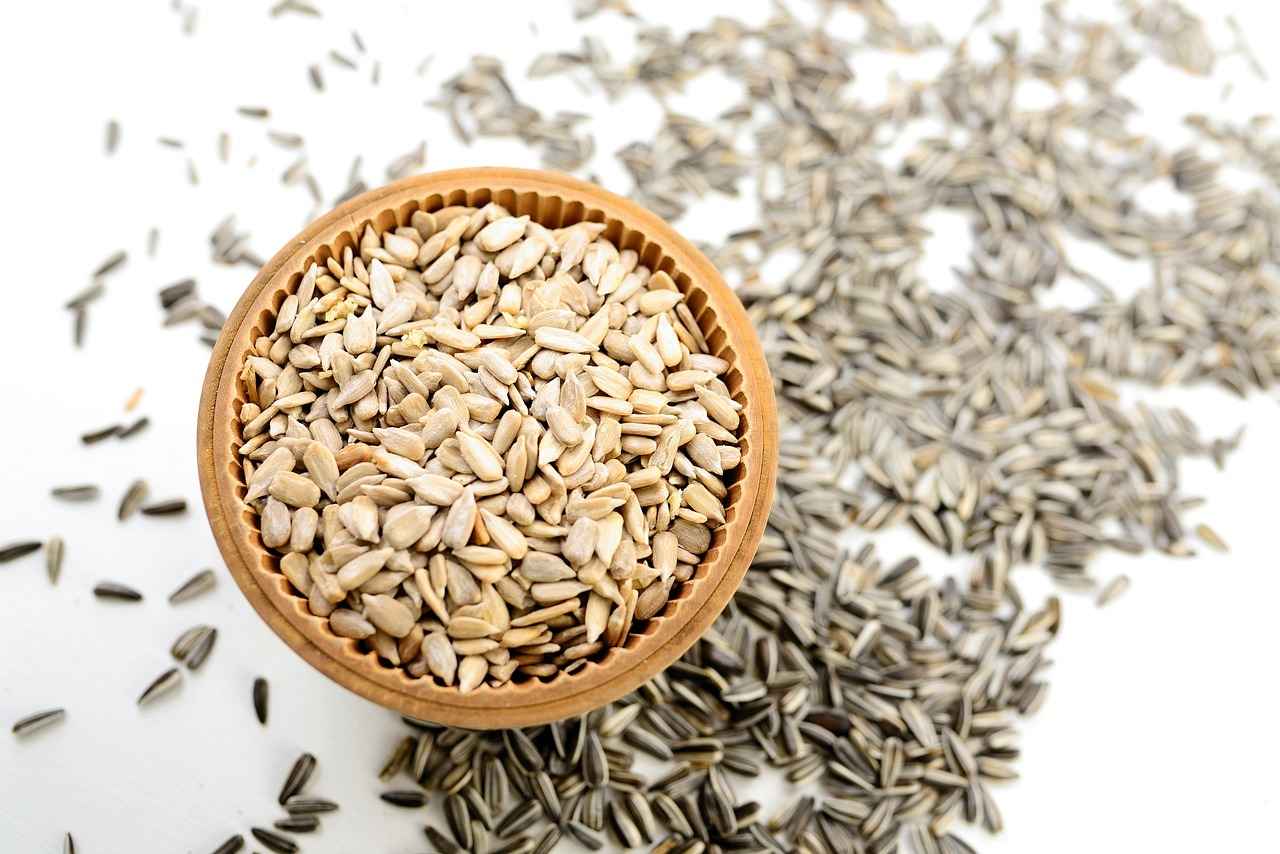
What Are Chia Seeds and Their Origins?
Chia seeds, originating from the Salvia hispanica plant, are not just a modern health trend; they have a fascinating history that dates back to ancient civilizations. These tiny seeds were once a staple in the diets of the Aztecs and Mayans, who revered them for their energy-boosting properties and nutritional benefits. Understanding the origins of chia seeds allows us to appreciate their cultural significance and the role they have played in human history.
In ancient times, chia seeds were considered a vital source of sustenance. They were often consumed by warriors for their endurance and were even used as currency. The word “chia” itself means “strength” in the Mayan language, highlighting the importance of these seeds in their culture. Chia seeds were not only a food source but also held ceremonial significance, often used in rituals and offerings.
As we delve deeper into the history of chia seeds, we find that they were cultivated primarily in Mexico and Guatemala. The seeds thrive in well-drained soil and require minimal water, making them an ideal crop for the arid regions where they were grown. The popularity of chia seeds spread throughout South America, where they were incorporated into various traditional dishes.
During the Spanish conquest, the cultivation of chia seeds declined as European settlers introduced new crops. However, in recent years, there has been a resurgence of interest in chia seeds, largely due to their impressive nutritional profile. Today, they are celebrated as a superfood and are widely available in health food stores and supermarkets around the world.
Chia seeds are known for their high content of omega-3 fatty acids, fiber, protein, and antioxidants. These nutrients contribute to their status as a health powerhouse. The seeds can absorb up to 12 times their weight in water, forming a gel-like substance that aids in hydration and digestion. This unique property makes them a versatile ingredient in various recipes, from smoothies to puddings.
Incorporating chia seeds into your diet is not only beneficial for your health but also connects you to a rich historical narrative. By understanding where these seeds come from and their significance in ancient cultures, we can appreciate their value beyond just their nutritional benefits. Chia seeds serve as a reminder of the interconnectedness of food, culture, and history.
As we continue to explore the various ways to incorporate chia seeds into our diets, it is essential to acknowledge their origins. This knowledge enriches our culinary experiences and encourages us to honor the traditions that have brought these remarkable seeds to our tables today.
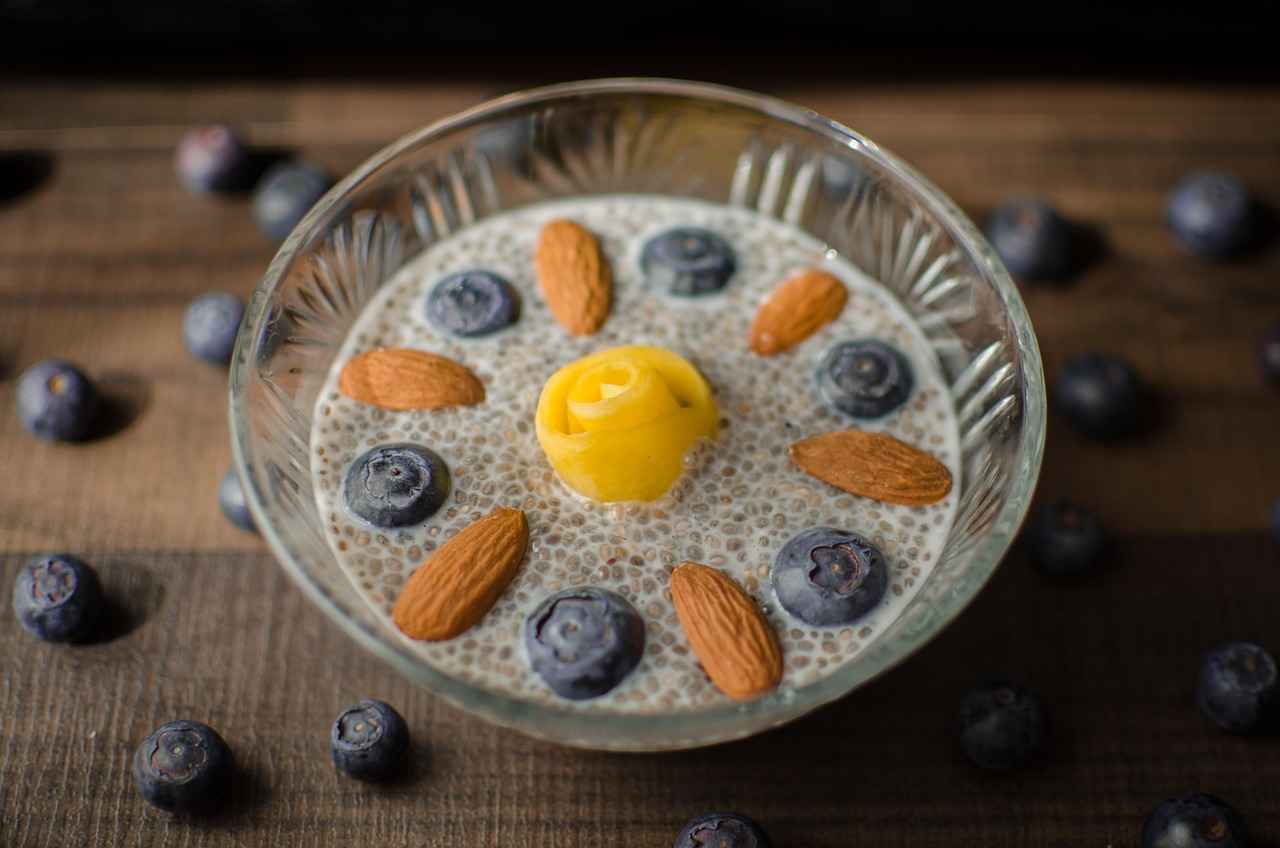
What Nutrients Are Found in Chia Seeds?
Chia seeds have become a staple in health-conscious diets around the world, and for good reason. These tiny seeds are not only versatile but also rich in essential nutrients that contribute to overall health. In this section, we will explore the remarkable nutritional profile of chia seeds, highlighting their numerous health benefits.
Chia seeds are a powerhouse of nutrition, offering a unique combination of omega-3 fatty acids, fiber, protein, and a variety of antioxidants. Let’s take a closer look at these essential nutrients:
- Omega-3 Fatty Acids: Chia seeds are one of the best plant-based sources of omega-3s, particularly alpha-linolenic acid (ALA). These essential fatty acids are crucial for heart health, helping to reduce inflammation and lower the risk of heart disease.
- Dietary Fiber: With approximately 11 grams of fiber per ounce, chia seeds are an excellent source of dietary fiber. This high fiber content aids in digestion, promotes a feeling of fullness, and supports healthy blood sugar levels.
- Protein: Chia seeds contain about 4 grams of protein per ounce, making them a valuable addition to vegetarian and vegan diets. They provide all nine essential amino acids, which are vital for muscle repair and growth.
- Antioxidants: Chia seeds are rich in antioxidants, which help combat oxidative stress and protect the body from free radical damage. This can contribute to overall health and may reduce the risk of chronic diseases.
- Vitamins and Minerals: Chia seeds are packed with essential vitamins and minerals, including calcium, magnesium, phosphorus, and zinc. These nutrients play critical roles in bone health, energy production, and immune function.
The unique combination of these nutrients makes chia seeds an ideal addition to a balanced diet. Their ability to absorb water and form a gel-like consistency also allows them to be used in a variety of recipes, enhancing both texture and nutritional value.
Incorporating chia seeds into your daily routine can lead to numerous health benefits:
- Weight Management: The high fiber content in chia seeds can help control appetite and support weight loss efforts by promoting feelings of fullness.
- Heart Health: The omega-3 fatty acids found in chia seeds can help lower cholesterol levels and reduce the risk of heart disease.
- Improved Digestion: The soluble fiber in chia seeds aids in digestion and promotes regular bowel movements.
- Bone Health: With their rich content of calcium, magnesium, and phosphorus, chia seeds can contribute to stronger bones and overall skeletal health.
In summary, chia seeds are not just a trendy superfood; they are a nutrient-dense addition to any diet. Their impressive nutritional profile and potential health benefits make them a valuable choice for anyone looking to enhance their overall well-being.
How Do Chia Seeds Compare to Other Superfoods?
Chia seeds have emerged as a popular superfood, often drawing comparisons to other nutrient-dense seeds such as flaxseeds and hemp seeds. These comparisons are not merely superficial; they highlight the distinct advantages that chia seeds offer, making them a standout choice in the health food arena.
Chia seeds are remarkably rich in omega-3 fatty acids, fiber, protein, and various essential minerals. While flaxseeds are also a great source of omega-3s, chia seeds provide a more balanced nutritional profile. Notably, chia seeds contain more fiber than both flaxseeds and hemp seeds, which aids in digestion and promotes a feeling of fullness.
When considering health benefits, chia seeds excel in several areas:
- Heart Health: Due to their high omega-3 content, chia seeds support cardiovascular health more effectively than flaxseeds, which require grinding to unlock their nutritional benefits.
- Bone Health: Chia seeds are an excellent source of calcium, magnesium, and phosphorus, which are crucial for maintaining strong bones. In comparison, hemp seeds provide protein but lack the same levels of calcium.
- Antioxidant Properties: Chia seeds are rich in antioxidants, which help combat oxidative stress. While flaxseeds also contain antioxidants, chia seeds have a higher concentration of these beneficial compounds.
Chia seeds are incredibly versatile and can be easily incorporated into a variety of dishes. Unlike flaxseeds, which need to be ground to maximize nutrient absorption, chia seeds can be consumed whole. They can be added to smoothies, baked goods, or even used as a thickening agent in puddings. Hemp seeds, while nutritious, often have a nuttier flavor that may not blend as seamlessly into certain recipes.
The high fiber content in chia seeds promotes digestive health by aiding in regularity. When soaked in liquid, chia seeds expand and form a gel-like consistency, which can help improve gut health. This unique property is not found in flaxseeds or hemp seeds, making chia seeds a superior choice for those seeking digestive support.
Chia seeds are also a great source of plant-based protein, offering approximately 4 grams of protein per ounce. This is particularly beneficial for vegans and vegetarians looking to boost their protein intake. While hemp seeds provide a higher protein content, chia seeds offer additional health benefits due to their unique nutrient composition.
In summary, while flaxseeds and hemp seeds have their own set of benefits, chia seeds stand out due to their comprehensive nutritional profile, impressive health benefits, and versatility in the kitchen. Whether you are looking to enhance your heart health, improve digestion, or simply add a nutritious boost to your meals, chia seeds are an excellent choice that should not be overlooked.
Omega-3 Fatty Acids: Why Are They Important?
Omega-3 fatty acids are essential fats that our bodies cannot produce on their own, making it crucial to obtain them through diet. These fats play a vital role in maintaining overall health, particularly in relation to heart health and brain function. This section delves into the significance of omega-3 fatty acids and highlights how chia seeds serve as an excellent plant-based source of these essential nutrients.
Omega-3 fatty acids are known for their numerous health benefits. They are primarily classified into three types: ALA (alpha-linolenic acid), EPA (eicosapentaenoic acid), and DHA (docosahexaenoic acid). ALA is predominantly found in plant sources, while EPA and DHA are primarily sourced from fish and algae. The importance of these fatty acids cannot be overstated:
- Heart Health: Omega-3s are known to lower triglyceride levels, reduce blood pressure, and decrease the risk of heart disease.
- Brain Function: DHA, a crucial component of brain tissue, supports cognitive function and may help protect against neurodegenerative diseases.
- Anti-Inflammatory Properties: Omega-3s can help reduce inflammation, which is linked to various chronic diseases.
Chia seeds are one of the richest plant-based sources of omega-3 fatty acids, particularly ALA. Just two tablespoons of chia seeds provide approximately 5 grams of ALA, making them an excellent addition to a balanced diet. This is especially beneficial for those following a vegetarian or vegan lifestyle, as it can be challenging to obtain sufficient omega-3s from non-animal sources.
Adding chia seeds to your daily routine is simple and versatile. Here are some practical ideas:
- Chia Pudding: Soak chia seeds in almond milk or coconut milk overnight for a nutritious breakfast.
- Smoothies: Blend chia seeds into your favorite smoothie for an added nutritional boost.
- Baking: Use ground chia seeds in baking recipes as a substitute for flour or as an egg replacement.
Research suggests that incorporating omega-3 fatty acids into your diet can lead to various health improvements. Some potential benefits include:
- Improved Heart Health: Regular consumption of omega-3s is associated with a lower risk of heart disease.
- Cognitive Benefits: Omega-3s may enhance memory and cognitive function, particularly in older adults.
- Weight Management: The high fiber content in chia seeds can promote feelings of fullness, aiding in weight control.
In conclusion, omega-3 fatty acids are vital for maintaining good health, and chia seeds offer a convenient and effective way to include these essential fats in your diet. By understanding the benefits and incorporating chia seeds into your meals, you can take proactive steps towards better heart and brain health.
Fiber Content: How Does It Benefit Digestion?
Chia seeds, often hailed as a superfood, are not only rich in nutrients but also an excellent source of dietary fiber. This fiber content plays a pivotal role in promoting digestive health. Understanding how chia seeds can enhance gut function is essential for anyone looking to improve their overall well-being.
Chia seeds contain approximately 34 grams of fiber per 100 grams, making them one of the most fiber-dense foods available. This high fiber content is primarily composed of both soluble and insoluble fibers, which contribute to various health benefits.
The soluble fiber in chia seeds absorbs water and forms a gel-like substance in the digestive tract. This process is crucial for:
- Improving Bowel Regularity: By adding bulk to the stool, soluble fiber aids in moving waste through the intestines, helping to prevent constipation.
- Enhancing Gut Flora: Fiber serves as a prebiotic, feeding the beneficial bacteria in the gut. A healthy gut microbiome is essential for optimal digestion and overall health.
- Regulating Blood Sugar Levels: The gel-like consistency of soluble fiber slows down the absorption of sugar, which can help stabilize blood sugar levels and prevent spikes.
In addition to soluble fiber, chia seeds also contain insoluble fiber, which is vital for:
- Promoting Satiety: Insoluble fiber adds bulk to meals, helping you feel full longer and potentially aiding in weight management.
- Preventing Digestive Disorders: Regular intake of insoluble fiber may reduce the risk of developing conditions such as diverticulitis and hemorrhoids.
Incorporating chia seeds into your daily meals is easy and versatile. Here are some practical tips:
- Add them to smoothies for an extra nutrient boost.
- Mix them into yogurt or oatmeal for added texture and fiber.
- Use them as an egg substitute in baking by mixing one tablespoon of chia seeds with three tablespoons of water.
While chia seeds are generally safe for most people, it’s important to consume them with plenty of water. This is because their high fiber content can lead to digestive discomfort if not adequately hydrated. Additionally, those with existing digestive issues should consult a healthcare provider before adding chia seeds to their diet.
In summary, chia seeds are a powerhouse of dietary fiber, offering numerous benefits for digestive health. By incorporating them into your meals, you can support your gut health and overall well-being. Their unique combination of soluble and insoluble fibers not only aids in digestion but also promotes a balanced gut microbiome, making them an excellent addition to any diet.
What Are the Health Benefits of Chia Seeds?
Chia seeds, often hailed as a superfood, are tiny black seeds that originate from the Salvia hispanica plant. Their rich nutrient profile and health benefits have made them a popular addition to many diets. In this section, we will explore the numerous health benefits of incorporating chia seeds into your daily routine.
One of the most discussed benefits of chia seeds is their role in weight management. These seeds are high in fiber, which can help you feel full longer, potentially reducing overall calorie intake. When chia seeds are soaked in liquid, they expand and form a gel-like consistency. This property can aid in appetite control, making it easier to stick to a healthy eating plan.
Chia seeds are an excellent source of omega-3 fatty acids, which are essential for maintaining heart health. These healthy fats can help reduce inflammation, lower blood pressure, and improve cholesterol levels. Regular consumption of chia seeds may lead to a lower risk of heart disease, making them a smart choice for those looking to enhance their cardiovascular health.
The high fiber content in chia seeds also supports digestive health. Fiber is crucial for maintaining regular bowel movements and preventing constipation. By incorporating chia seeds into your diet, you can promote a healthy gut and improve overall digestion. Additionally, the soluble fiber in chia seeds can help regulate blood sugar levels, making them beneficial for individuals with diabetes.
Chia seeds are a rich source of several essential nutrients, including calcium, magnesium, and phosphorus, all of which are vital for maintaining strong bones. A diet rich in these minerals can help prevent osteoporosis and keep your bones healthy as you age. Just two tablespoons of chia seeds provide about 18% of the recommended daily intake of calcium.
Chia seeds are loaded with antioxidants, which help combat oxidative stress and reduce inflammation in the body. Antioxidants play a crucial role in protecting your cells from damage caused by free radicals. By including chia seeds in your diet, you can enhance your body’s defense mechanisms and promote better overall health.
Adding chia seeds to your meals is simple and versatile. You can sprinkle them on top of yogurt, mix them into smoothies, or use them in baking. They can also be used to create delicious chia puddings by soaking them in milk or plant-based alternatives. This versatility makes it easy to enjoy the health benefits of chia seeds without altering your favorite recipes.
In summary, chia seeds offer a myriad of health benefits, including aiding in weight management, improving heart health, supporting digestive function, promoting bone health, and providing antioxidant protection. By incorporating these tiny seeds into your diet, you can enhance your overall health and well-being.
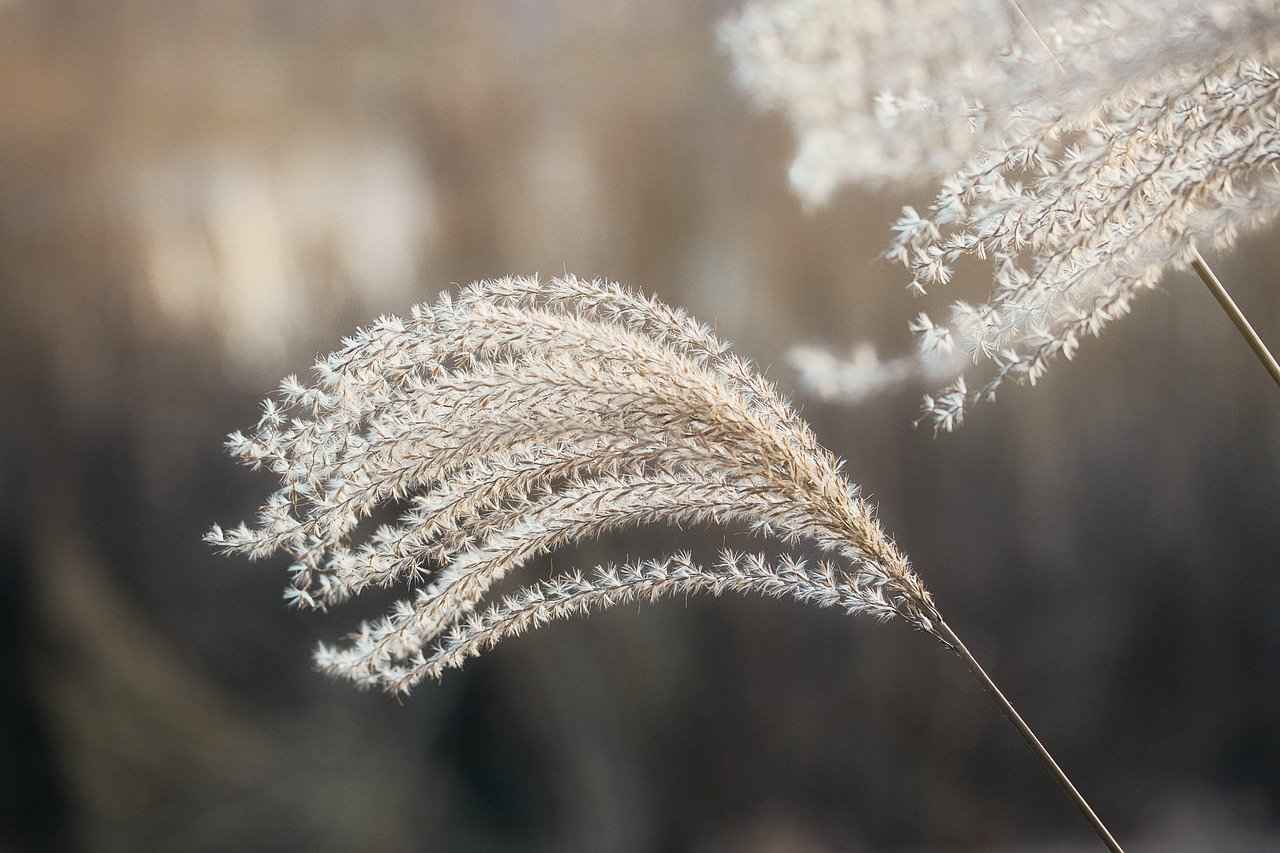
How to Incorporate Chia Seeds into Your Diet?
Chia seeds are not only a nutritional powerhouse but also a fantastic addition to a variety of meals and snacks. Their unique texture and ability to absorb liquid make them incredibly versatile. Here are some practical tips on how to seamlessly incorporate chia seeds into your diet.
Chia seeds are rich in omega-3 fatty acids, fiber, and protein, making them an excellent choice for anyone looking to enhance their nutritional intake. Their mild flavor allows them to blend well with both sweet and savory dishes, providing a nutrient boost without overpowering other flavors.
- Chia Pudding: Combine chia seeds with your favorite milk (dairy or plant-based) and let them soak overnight. Add honey, vanilla, or fresh fruits for a delicious breakfast.
- Smoothies: Toss a tablespoon of chia seeds into your morning smoothie for added texture and nutrition. They can help keep you full longer!
- Oatmeal: Stir chia seeds into your oatmeal for a nutrient-rich breakfast that boosts fiber and protein content.
- Salads: Sprinkle chia seeds over salads for a crunchy texture and extra nutrients. They pair well with both leafy greens and grain salads.
- Yogurt: Mix chia seeds into yogurt for a satisfying snack. You can also layer it with fruits and granola for a parfait.
- Energy Bars: Add chia seeds to homemade energy bars or granola for an added boost of energy and nutrition.
Chia seeds can also be used in baking as a flour substitute or a binding agent. Here’s how:
- Egg Substitute: Mix one tablespoon of chia seeds with three tablespoons of water and let it sit until it forms a gel. This mixture can replace one egg in most recipes, making it perfect for vegan baking.
- Chia Seed Muffins: Incorporate chia seeds into muffin batter for added nutrition. They enhance the texture while providing a subtle crunch.
- Chia Jam: Combine chia seeds with mashed fruits and a sweetener to create a healthy jam. It’s perfect for spreading on toast or as a topping for desserts.
- Chia Seed Cookies: Add chia seeds to cookie dough for a delightful twist. They add a unique texture and nutritional benefits.
To ensure your chia seeds remain fresh, store them in an airtight container in a cool, dark place. This will help maintain their nutritional quality and prevent them from going rancid.
In summary, chia seeds are a versatile ingredient that can enhance a wide range of dishes, from breakfast to desserts. By incorporating these tiny seeds into your meals, you can easily boost your nutritional intake while enjoying their unique texture and flavor.
What Are Some Popular Recipes Using Chia Seeds?
Chia seeds are not just a trendy health food; they are incredibly versatile and can elevate a wide range of dishes. From their ability to absorb liquid and create a gel-like consistency to their mild, nutty flavor, chia seeds can enhance both the texture and nutritional profile of your meals. Below, we explore creative and delicious ways to incorporate chia seeds into your cooking.
One of the simplest ways to enjoy chia seeds is by adding them to your smoothies. They can thicken your drink while providing a boost of fiber and omega-3 fatty acids. To create a delicious chia seed smoothie, blend together:
- 1 banana
- 1 cup of spinach
- 1 tablespoon of chia seeds
- 1 cup of almond milk
- 1 tablespoon of honey (optional)
Blend until smooth, and enjoy a refreshing and nutritious drink that keeps you full longer!
Chia seed puddings are a popular choice for breakfast or dessert. They are easy to prepare and can be customized with various flavors. To make a basic chia pudding:
Ingredients:- 1/4 cup chia seeds- 1 cup coconut milk (or any milk of your choice)- 1 tablespoon maple syrup (optional)- Toppings: fresh fruits, nuts, or granolaInstructions:1. In a bowl, mix chia seeds and milk.2. Stir in maple syrup if desired.3. Refrigerate for at least 2 hours or overnight.4. Serve with your favorite toppings.
This pudding not only satisfies your sweet tooth but also packs a nutritional punch!
For those who need a quick energy boost, homemade chia seed energy bars are a fantastic option. Combine:
- 1 cup oats
- 1/2 cup nut butter
- 1/4 cup honey or agave syrup
- 1/4 cup chia seeds
- 1/2 cup dried fruits or nuts
Mix all ingredients in a bowl, press into a lined baking dish, and refrigerate until firm. Cut into bars for a nutritious snack that’s perfect for busy days!
If you love jams but want a healthier version, consider making chia seed jam. Simply cook down your favorite fruits (like strawberries or blueberries) and mix with chia seeds. The seeds will absorb the liquid and create a spreadable consistency. This jam can be used on toast, pancakes, or even as a filling for desserts.
Add a unique texture to your salads by incorporating chia seeds into your dressings. A simple recipe includes:
Ingredients:- 1/4 cup olive oil- 2 tablespoons apple cider vinegar- 1 tablespoon chia seeds- Salt and pepper to tasteInstructions:1. Whisk together olive oil and vinegar.2. Stir in chia seeds and let sit for a few minutes to thicken.3. Drizzle over your favorite salad.
This dressing not only adds flavor but also boosts the nutritional value of your greens.
Incorporating chia seeds into your cooking is not only easy but also enhances the health benefits of your meals. With these creative recipes, you can enjoy the versatility and nutritional power of chia seeds in various delicious ways!
Can Chia Seeds Be Used as an Egg Substitute?
Chia seeds have emerged as a popular vegan egg alternative in baking, providing an excellent solution for those who follow a plant-based diet or are allergic to eggs. Their unique properties make them a versatile ingredient, allowing bakers to create delicious and nutritious recipes without compromising on texture or taste.
How to Use Chia Seeds as an Egg Substitute
To use chia seeds as an egg replacement, the basic ratio is simple: mix one tablespoon of chia seeds with three tablespoons of water. Allow this mixture to sit for about 10 to 15 minutes until it becomes gel-like in consistency. This gel mimics the binding properties of eggs in recipes, providing moisture and structure to baked goods.
Benefits of Using Chia Seeds in Baking
- Nutritional Value: Chia seeds are rich in omega-3 fatty acids, fiber, and protein. Incorporating them into your recipes boosts the overall nutritional profile of your baked goods.
- Texture and Moisture: The gel created by chia seeds helps retain moisture, ensuring that cakes, muffins, and cookies remain soft and fluffy.
- Allergen-Friendly: For those with egg allergies or dietary restrictions, chia seeds offer a safe and effective alternative that does not compromise flavor.
- Eco-Friendly: Choosing chia seeds as a substitute reduces reliance on animal products, making it a more sustainable choice.
Chia Seeds vs. Other Egg Substitutes
While there are several alternatives to eggs, such as flaxseeds, applesauce, and commercial egg replacers, chia seeds stand out due to their high nutrient content and ease of use. Unlike applesauce, which may alter the flavor of baked goods, chia seeds are relatively neutral in taste, allowing the original flavors of the recipe to shine through.
Practical Tips for Using Chia Seeds in Baking
- Experiment with different recipes to find the right balance of chia seed gel for your specific needs.
- Chia seeds can also be ground into a powder for a finer texture, which can be useful in certain recipes.
- Consider adding chia seeds to smoothies, oatmeal, or yogurt for an extra nutritional boost beyond just baking.
In summary, chia seeds are a fantastic option for those looking to replace eggs in their baking. With their numerous health benefits and versatility, they can help create delicious, nutritious, and satisfying dishes that cater to a variety of dietary preferences. Whether you’re a seasoned baker or just starting, incorporating chia seeds into your recipes can enhance both flavor and nutrition.
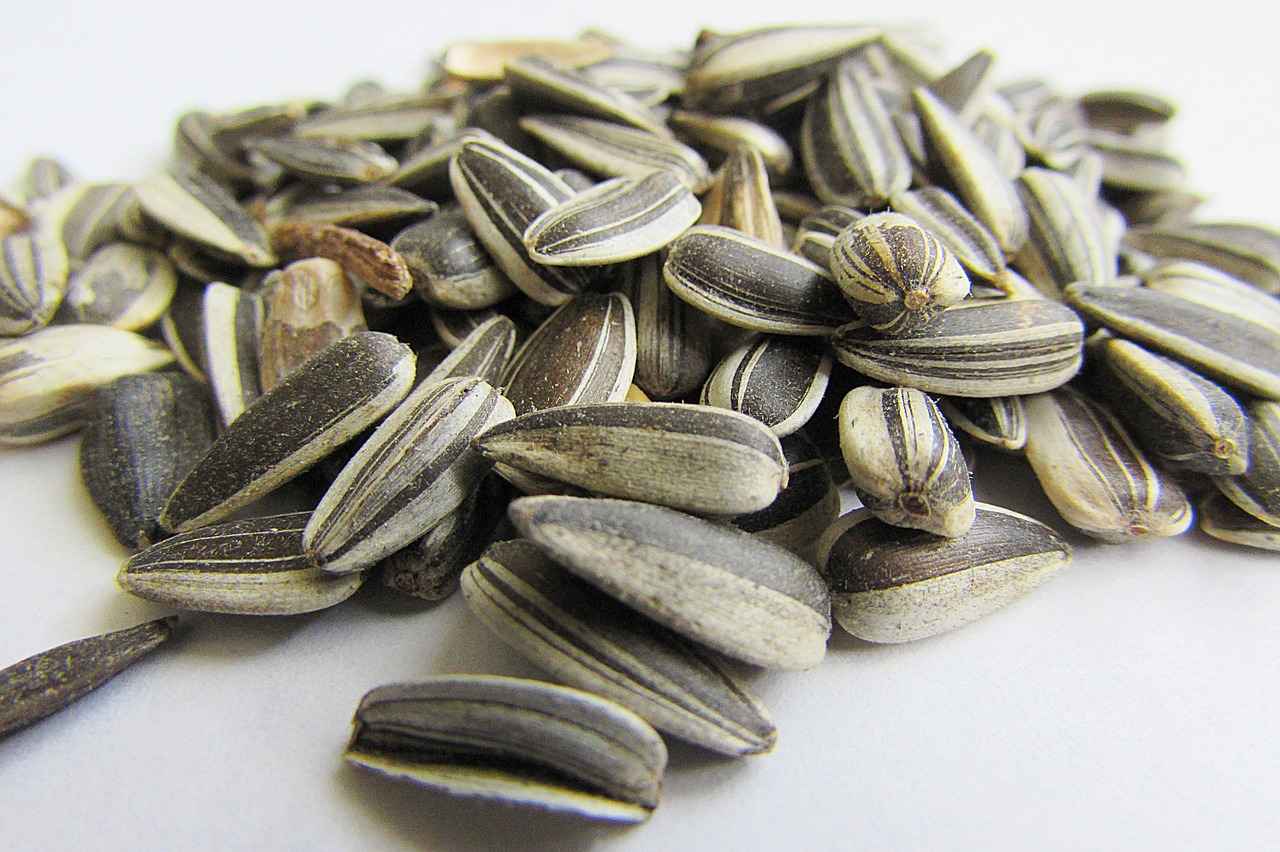
Are There Any Side Effects or Risks of Chia Seeds?
Chia seeds are often heralded as a nutritional powerhouse, but like any food, they may not be suitable for everyone. While they are generally safe for most individuals, it is important to understand the potential side effects and risks associated with their consumption. This section provides valuable insights into how to enjoy chia seeds safely.
What Are the Common Side Effects of Chia Seeds?
- Digestive Issues: Due to their high fiber content, consuming chia seeds in large quantities can lead to gastrointestinal discomfort, including bloating, gas, and diarrhea. It is advisable to start with a small amount and gradually increase your intake.
- Allergic Reactions: Although rare, some individuals may experience allergic reactions to chia seeds. Symptoms can include itching, swelling, or difficulty breathing. If you suspect an allergy, discontinue use and consult a healthcare professional.
- Choking Hazard: Dry chia seeds can expand significantly when they come into contact with liquid. If consumed dry, they may pose a choking hazard. Always soak them in water or another liquid before consumption.
Who Should Exercise Caution When Consuming Chia Seeds?
While chia seeds can be a beneficial addition to most diets, certain individuals should approach their consumption with caution:
- Individuals with Digestive Disorders: Those with conditions like irritable bowel syndrome (IBS) or inflammatory bowel disease (IBD) may find that high-fiber foods exacerbate their symptoms.
- Pregnant and Nursing Women: Although chia seeds can be nutritious, it is important for pregnant and nursing women to consult a healthcare provider before adding them to their diet due to potential hormonal effects.
- Individuals on Blood Thinners: Chia seeds may have a blood-thinning effect due to their high omega-3 fatty acid content. If you are on anticoagulant medications, consult your doctor before consuming chia seeds.
How Can You Safely Incorporate Chia Seeds into Your Diet?
To minimize potential risks, consider the following tips for safely enjoying chia seeds:
- Start Small: Begin with a teaspoon of chia seeds and gradually increase your intake as your body adjusts.
- Soak Before Consumption: Always soak chia seeds in water or another liquid for at least 30 minutes before eating to prevent choking and enhance digestibility.
- Stay Hydrated: When consuming chia seeds, ensure you drink plenty of water to help manage their high fiber content and prevent digestive discomfort.
Are There Long-Term Risks Associated with Chia Seeds?
Current research suggests that chia seeds are safe for long-term consumption in moderation. However, it is essential to maintain a balanced diet and not rely solely on any single food for nutrition. Regularly evaluate your health and dietary needs, and consult with a healthcare provider if you have concerns regarding chia seeds or any other superfoods.
In summary, while chia seeds offer numerous health benefits, being aware of their potential side effects and risks is crucial for safe consumption. By following recommended guidelines and consulting with a healthcare professional when necessary, you can enjoy the nutritional benefits of chia seeds without adverse effects.
Who Should Avoid Chia Seeds?
Chia seeds are often celebrated for their numerous health benefits, but they are not suitable for everyone. Certain individuals may need to limit or avoid their intake due to specific health conditions or dietary restrictions. Understanding these factors is crucial for making informed dietary choices.
- Individuals with Swallowing Difficulties: Chia seeds can absorb up to 12 times their weight in water, forming a gel-like substance. For people with dysphagia or other swallowing disorders, this could pose a choking hazard. It is advisable for these individuals to avoid whole chia seeds or consume them in a form that mitigates this risk.
- People with Allergies: Although rare, some individuals may have an allergy to chia seeds. Symptoms can include skin rashes, gastrointestinal discomfort, or even anaphylaxis in severe cases. If you have a history of allergies to other seeds or nuts, it is prudent to consult a healthcare professional before introducing chia seeds into your diet.
- Those with Gastrointestinal Issues: Chia seeds are high in fiber, which can be beneficial for digestion. However, for individuals with certain gastrointestinal conditions, such as irritable bowel syndrome (IBS) or inflammatory bowel disease (IBD), the high fiber content may lead to bloating, gas, or discomfort. It is recommended that these individuals start with a small amount or consult a healthcare provider.
- Individuals on Blood Thinners: Chia seeds are rich in omega-3 fatty acids, which can have a blood-thinning effect. If you are taking anticoagulant medications, such as warfarin, it is essential to monitor your chia seed intake, as excessive consumption could increase the risk of bleeding. Always discuss dietary changes with your healthcare provider.
- Pregnant or Nursing Women: While chia seeds can be a nutritious addition to the diet, pregnant or nursing women should consume them in moderation. The high fiber content may lead to digestive issues, and the potential for allergic reactions should be taken into account. Consulting with a healthcare provider is recommended.
Chia seeds may interact with certain medications due to their high fiber content and omega-3 fatty acids. If you are taking medications for diabetes, hypertension, or cholesterol, it is crucial to consult with a healthcare professional to ensure that chia seeds will not interfere with your treatment plan.
If you do not fall into any of the categories mentioned above, incorporating chia seeds into your diet can be beneficial. Start with small amounts, such as one tablespoon, and gradually increase your intake as your body adjusts. Soaking chia seeds in water or adding them to smoothies can help mitigate any potential digestive issues.
In summary, while chia seeds offer numerous health benefits, it is essential to be aware of specific health conditions and dietary restrictions that may warrant caution. Always consult with a healthcare provider if you have concerns about incorporating chia seeds into your diet.
How to Store Chia Seeds for Maximum Freshness?
When it comes to maximizing the freshness of chia seeds, proper storage is crucial. These tiny seeds, known for their impressive nutritional profile, can lose their quality if not stored correctly. Here are some effective tips and methods to ensure that your chia seeds remain fresh and retain their health benefits for as long as possible.
Chia seeds are rich in omega-3 fatty acids, antioxidants, and fiber, but exposure to air, light, and moisture can degrade these nutrients over time. Proper storage not only extends their shelf life but also maintains their nutritional integrity.
- Choose the Right Container: Store chia seeds in an airtight container to protect them from moisture and air. Glass jars or plastic containers with tight-fitting lids are excellent options.
- Keep Them Cool: Store chia seeds in a cool, dark place. A pantry or cupboard away from direct sunlight is ideal. For longer storage, consider refrigerating them.
- Avoid Humidity: Chia seeds are sensitive to moisture. Ensure that your storage area is dry, as humidity can lead to clumping and spoilage.
Refrigeration can significantly extend the shelf life of chia seeds. If you buy chia seeds in bulk or plan to store them for several months, consider placing them in the refrigerator. This helps maintain their freshness and prevents the oils from becoming rancid.
When stored correctly, chia seeds can last up to two years. However, it’s essential to check for any signs of spoilage, such as an off smell or discoloration. If they develop an unusual odor, it’s best to discard them.
Knowing how to identify spoiled chia seeds is vital. Look for the following signs:
- Unpleasant odor: Fresh chia seeds have a neutral smell. A rancid or sour smell indicates spoilage.
- Change in color: Fresh chia seeds are typically black or white. Any discoloration may suggest they have gone bad.
- Clumping: If the seeds have clumped together due to moisture, it’s a sign they are no longer fresh.
Yes, you can freeze chia seeds for long-term storage. Freezing them can help maintain their freshness and nutritional quality. Just ensure they are in an airtight container to prevent freezer burn.
In conclusion, by following these storage tips, you can ensure that your chia seeds remain fresh and nutritious for an extended period. Proper storage not only preserves their quality but also allows you to enjoy their health benefits in your meals and snacks.
Frequently Asked Questions
- What are chia seeds?
Chia seeds are tiny black or white seeds from the Salvia hispanica plant, known for their impressive nutritional profile. They are rich in omega-3 fatty acids, fiber, protein, and antioxidants, making them a popular superfood choice.
- How can I use chia seeds in my diet?
You can sprinkle chia seeds on salads, blend them into smoothies, or mix them into yogurt. They can also be used to make delicious puddings or as a vegan egg substitute in baking!
- Are there any side effects of consuming chia seeds?
While chia seeds are generally safe, consuming them in excessive amounts can lead to digestive issues. It’s always best to start with a small serving and increase gradually to see how your body reacts.
- How should I store chia seeds?
To keep your chia seeds fresh, store them in an airtight container in a cool, dark place. This helps maintain their nutritional quality and extends their shelf life.
- Can anyone eat chia seeds?
Most people can enjoy chia seeds, but those with certain health conditions, like digestive disorders or allergies, should consult a healthcare professional before adding them to their diet.
